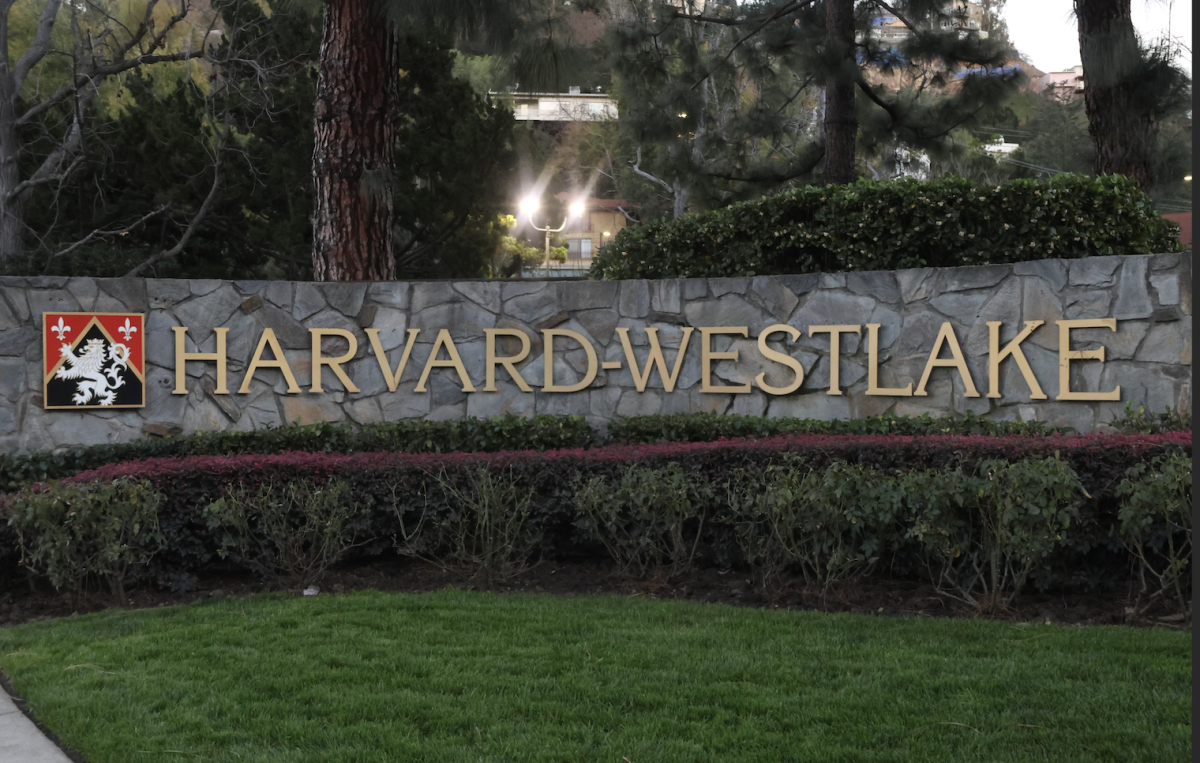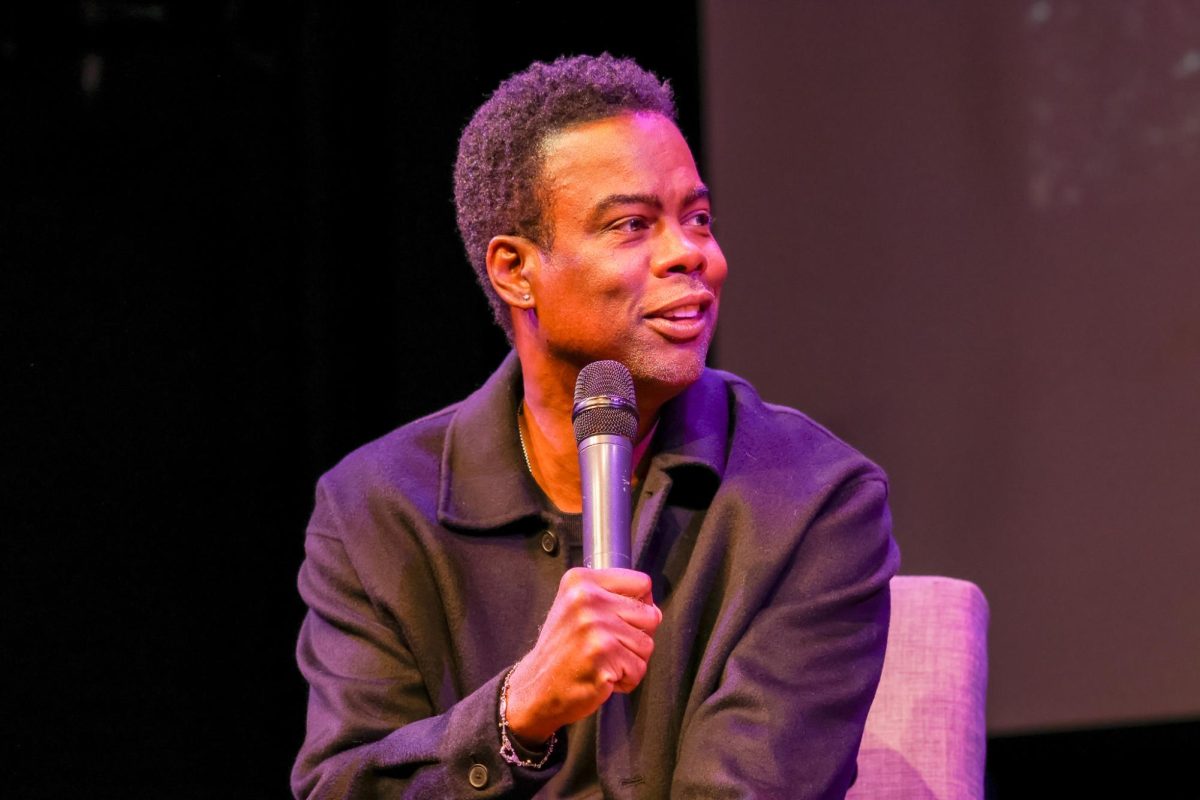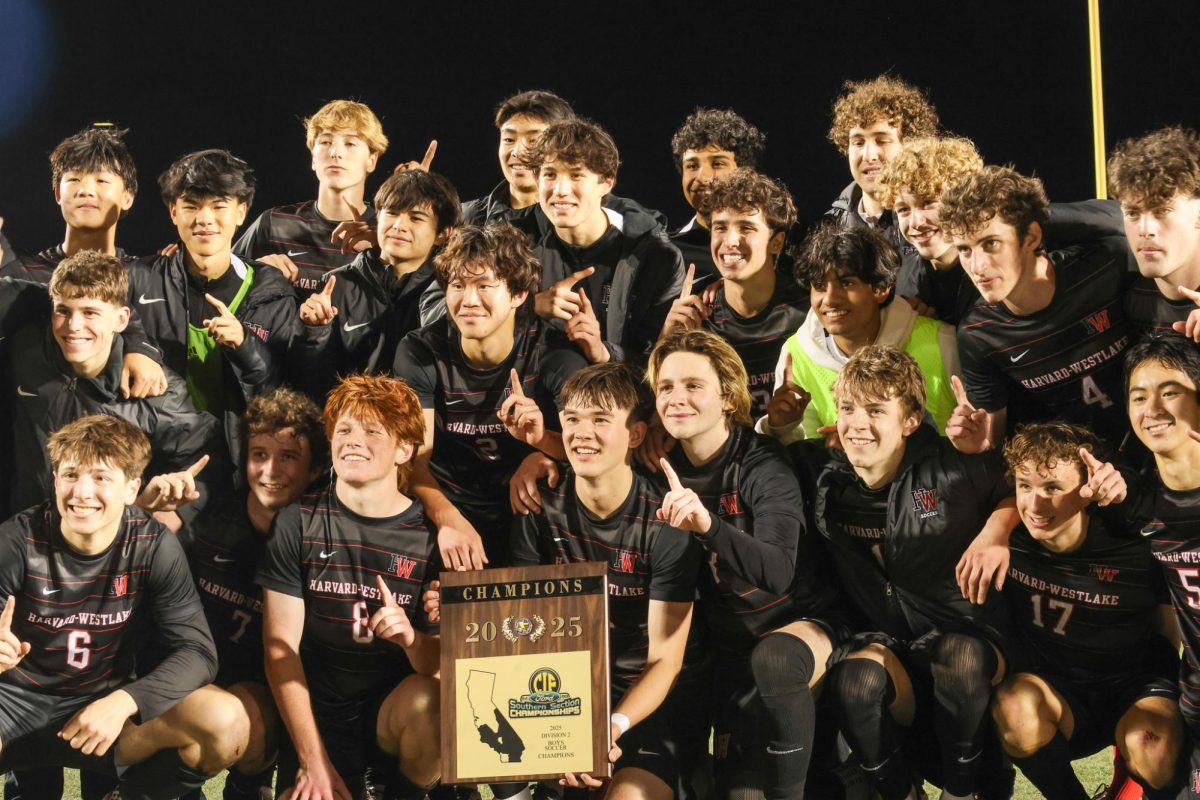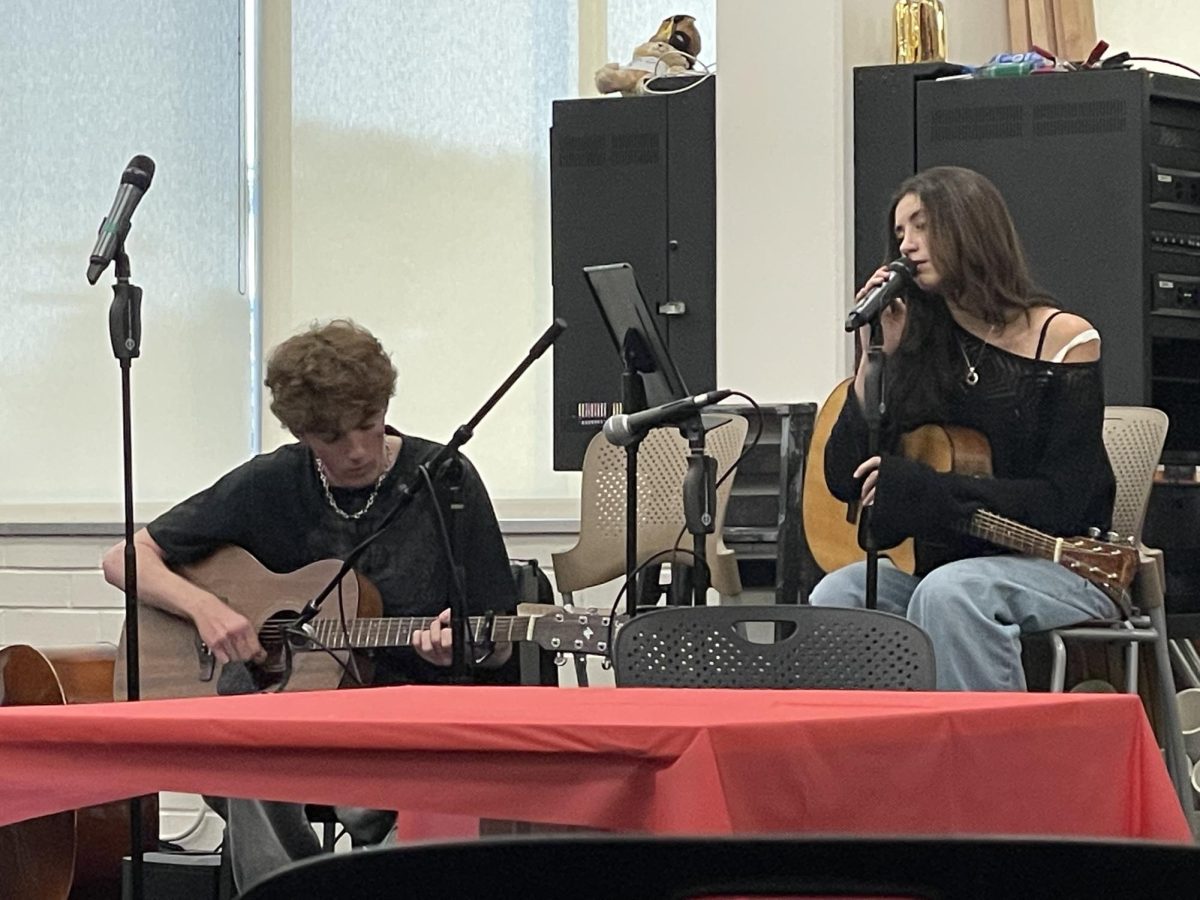Afghan refugee Khadim Dai spoke to the Society of Global Affairs and presented a short documentary he filmed in Indonesia to students Monday.
Dai shot the entire documentary, titled “Life as a Hazara Refugee,” by phone. The film depicts his everyday life with other Hazara refugee, showing how he and his fellow refugees distracted themselves from cultural tensions.
Dai’s family had previously moved to Pakistan due to the persecution by the Taliban in Afghanistan. He relocated again when a bomb exploded near his school, and he became separated from his family and paid to be smuggled into Indonesia.
The refugees’ most important task was to register with the United Nations High Commission for Refugees, he said in the video, in the hopes that they will be granted asylum and be accepted into a safer place to live.
Dai chose to film the video to shed a different light on the lives of Hazara refugees and show the difficulties they had to face, he said in an article by the Sydney Morning Herald.
“I was waiting for someone to come to film me and my friends,” Dai wrote. “But the media were only showing a poor face, a desperate face. I was feeling a kind of shame because we have very extraordinary people in our community. I had to do something to raise my voice and my roommates’ voices. Australians should know why we are escaping, why I am living so far from my parents. They should know.”
His documentary won an honorable mention at the 2014 Plura+ Awards, and Australian filmmaker Jolyon Hoff noticed his work and helped create a project with another Hazara refugee called “Who Are We Anyway,” which shows the intersections of the three artists’ stories through multimedia art installations. Dai has also created a refugee-managed and established school in Cisarua to fight against the idea of suppressed education, Dai wrote on the Voices of Youth website.
“We are global citizens,” Dai said. “Our pain, sorrow, grief, enemy and friends are the same. I know most of the audiences are living in a comfortable situation. They must value the peace and freedom they are living in, and they should know that living in their own country is a blessing. Hopefully, my film will give them a direction to move toward freedom and enhancing peace. They can join me to raise their voice against violence, racial discrimination and extremism, which forces people to flee from their country.
Club co-leader Casey Crosson ’17 said that hearing Dai’s stories helped students recognize better the hardships refugees face in the world, .
“Watching [Dai]’s videos and hearing his story was an amazing experience,” Crosson said. “The hardships faced everyday by refugees all over the world are heartbreaking, but the crisis of the refugees is very distant to most of us here at Harvard-Westlake, so the opportunity to talk to a person who has lived through it really gave me a new, more knowledgeable perspective on the plight of the refugees.”



































